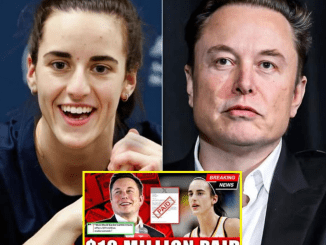In a stunning turn of events that has rocked both the world of sports and the broader cultural landscape, Riley Gaines, the outspoken former swimmer and advocate for fairness in women’s sports, has emerged victorious in the race for “Woman of the Year,” surpassing soccer icon Megan Rapinoe, a leading figure in progressive activism. This shocking development has sparked widespread debate, with fans, pundits, and critics alike questioning whether this victory marks a pivotal moment in the ongoing cultural battle surrounding gender, equality, and women’s rights in sports.
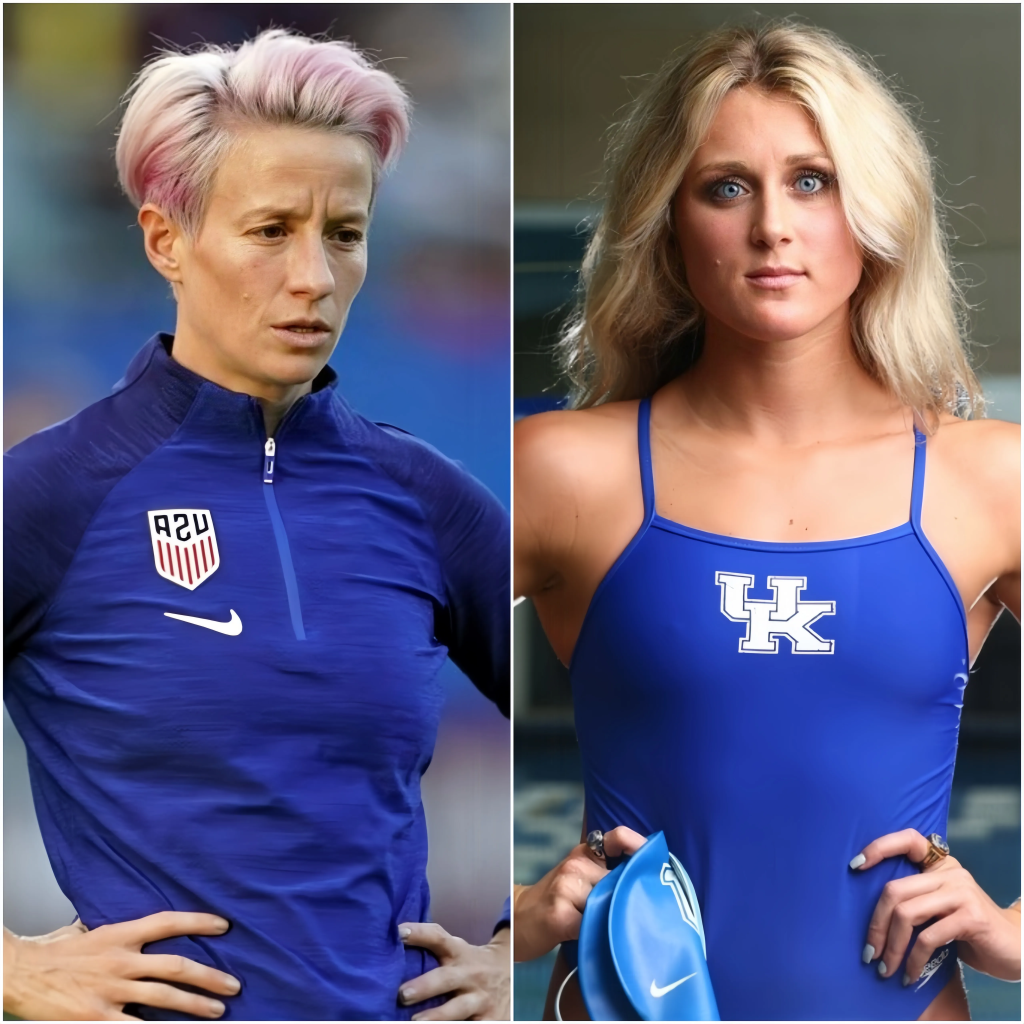
Both women, known for their bold personalities and advocacy on controversial social issues, have been at the center of intense discussions about the role of gender identity in competitive sports. Riley Gaines gained national attention when she became a vocal critic of the inclusion of transgender athletes in women’s sports, specifically calling attention to her experience competing against Lia Thomas, a transgender swimmer, in college. Her stance has sparked both support and backlash, drawing attention to the ongoing tension between inclusivity and fairness in sports competitions.
Meanwhile, Megan Rapinoe has risen to become an iconic figure in the world of sports activism. As one of the most visible athletes advocating for LGBTQ+ rights, gender equality, and social justice, Rapinoe has used her platform to push for progressive changes in both athletics and society. For months, Rapinoe appeared to be the frontrunner in the race for “Woman of the Year,” given her prominent activism, widespread media coverage, and influence within sports and social justice movements.
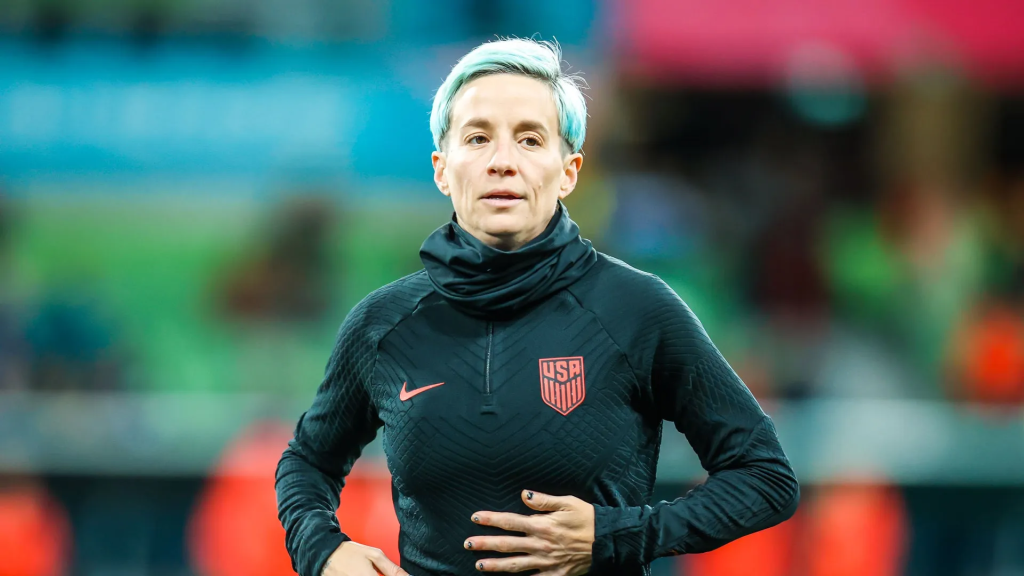
However, in an unexpected upset, Riley Gaines has claimed the coveted title, leaving many to question the underlying reasons for this surprising outcome. The battle for “Woman of the Year” was never just about athletic achievement—it became a broader cultural contest, where standing firm on contentious social issues played a significant role. Gaines, who has become a polarizing figure due to her outspoken views on transgender athletes, has garnered significant support from conservative circles, with many applauding her for advocating for what they believe is the protection of women’s spaces in sports. Her win is seen by her supporters as a powerful affirmation of the belief that fairness should take precedence over inclusivity when it comes to ensuring a level playing field in women’s sports.
On the other hand, Rapinoe’s supporters, who have long championed her work for gender equality and LGBTQ+ rights, view Gaines’ victory as a step backward. They argue that sports should be inclusive of all individuals, regardless of gender identity, and that Rapinoe’s activism has played a pivotal role in pushing the boundaries of acceptance and equality within athletics. For them, this loss represents a setback for the progressive causes they have fought for and continue to support.

The outcome of this competition highlights the deepening divide in public opinion regarding the role of gender and fairness in sports. While Gaines’ victory is seen as a win for those advocating for clearer distinctions between biological males and females in competitive sports, it has also underscored the tensions that exist over how to approach issues of inclusion and fairness. The debate surrounding gender in sports has never been more divisive, and this race for “Woman of the Year” serves as a microcosm of the larger cultural battles taking place across the nation.
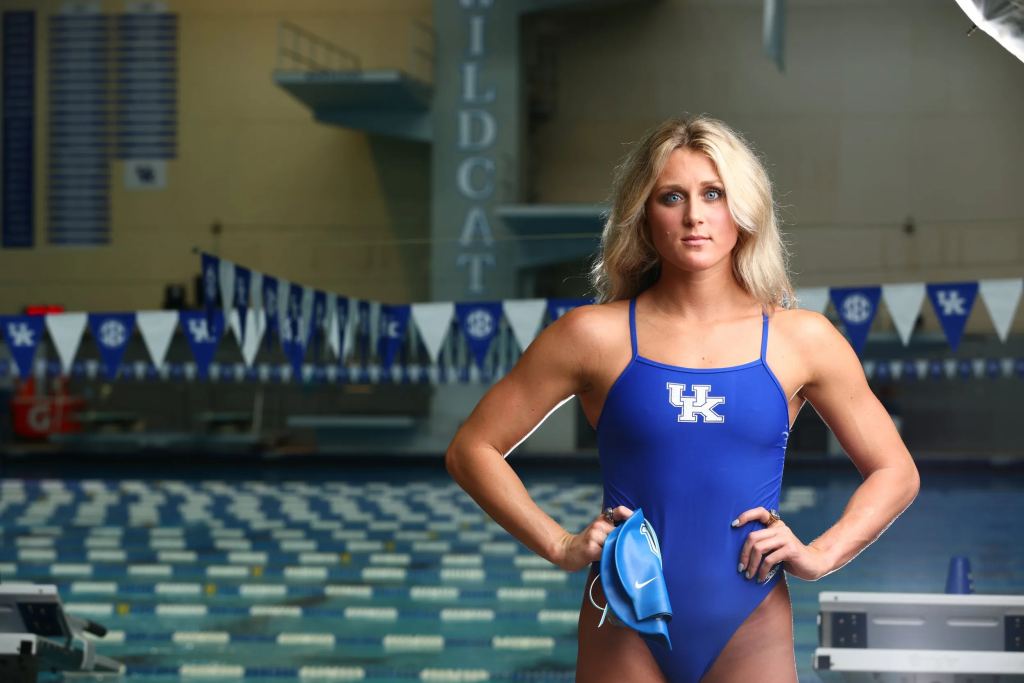
For many, this contest is not just about individual recognition—it is a reflection of the broader cultural and political divides over gender identity, equality, and inclusion. As Riley Gaines celebrates her victory, the questions surrounding what it means to be a woman in sports, and the rights and spaces that women should be entitled to, remain at the forefront of public discourse. The impact of this decision will undoubtedly ripple through both sports and society, as it further fuels the debate on how gender should be defined and represented in athletic competitions.
While Megan Rapinoe continues to be a revered figure in the fight for LGBTQ+ rights and social justice, Gaines’ win raises important questions about the future direction of women’s sports and the ongoing struggle between inclusivity and fairness. The controversy surrounding the “Woman of the Year” title is far from over, and as the conversation evolves, both women will likely continue to shape the future of sports and activism, albeit from differing perspectives.
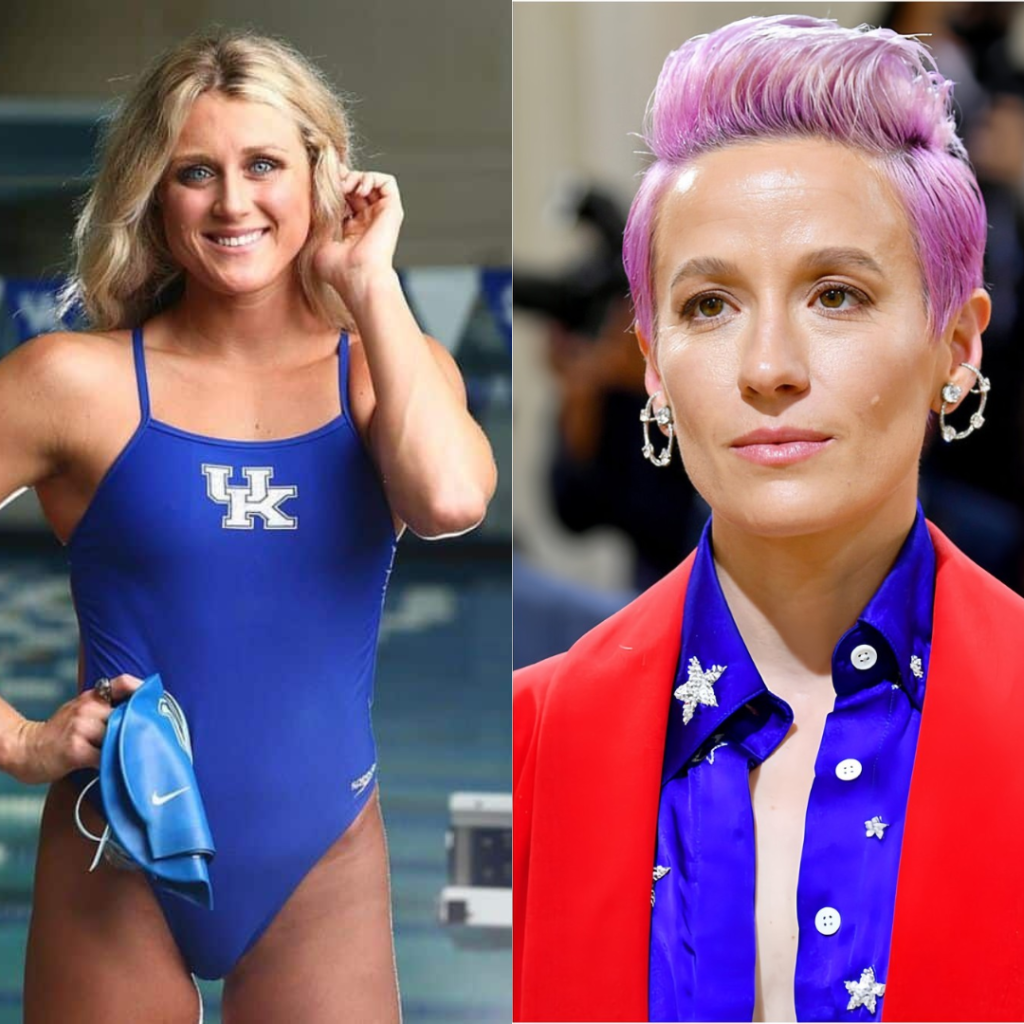
This battle, however, is only one chapter in the larger cultural and political conversation about gender and equality in sports. As athletes and advocates continue to influence societal change, the debate about fairness, inclusivity, and the definition of women’s spaces in sports will remain at the forefront of public discussion. Whether you agree with Gaines’ conservative views or Rapinoe’s progressive activism, both women have proven that they have the power to influence and change the game, leaving an indelible mark on the future of sports and society as a whole.

